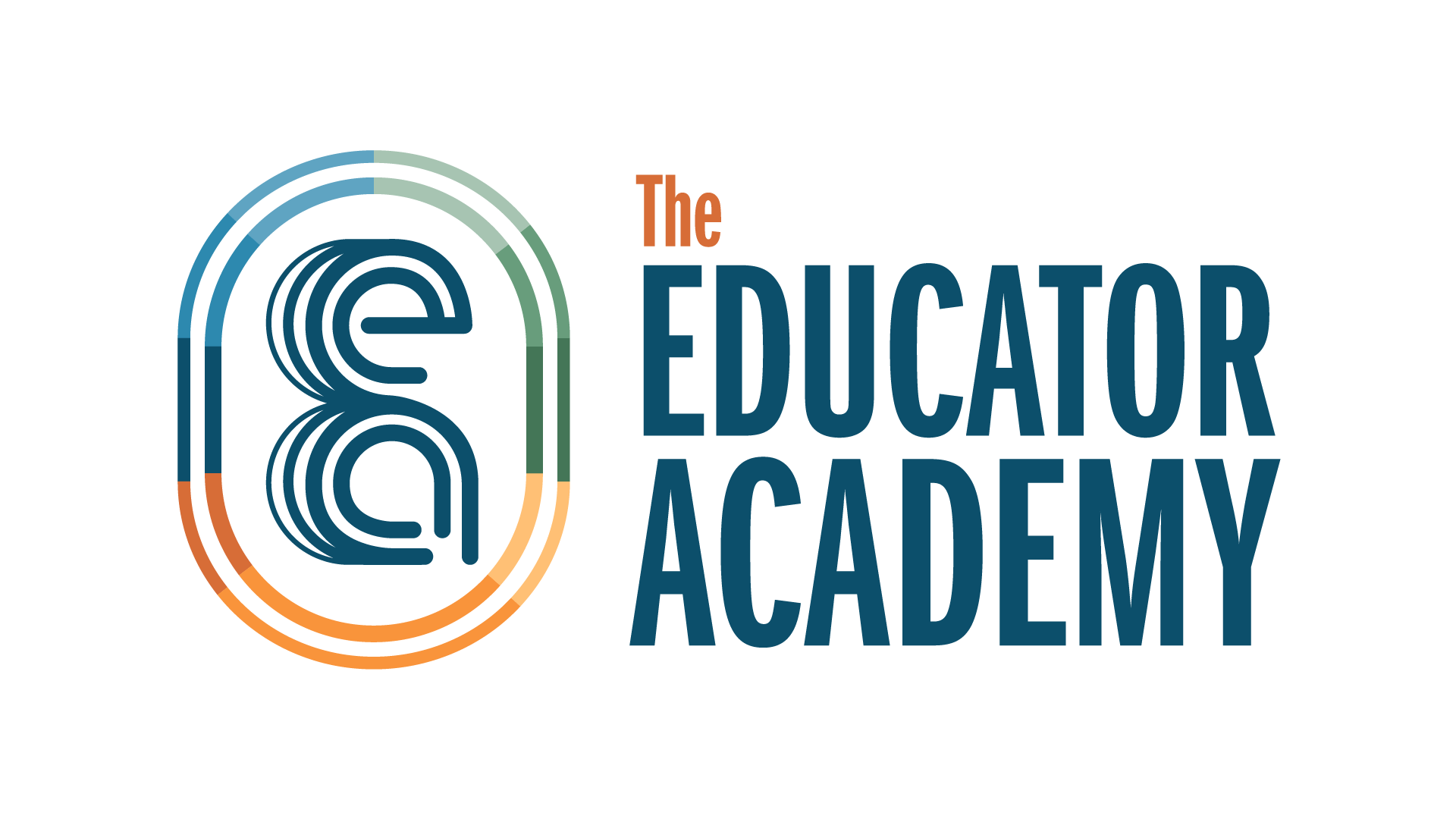
1) Turn off notifications
Turn off all notifications for your phone, computer, email, school apps, etc. Turn off anything that you don’t have to check. In addition to work related tasks, consider turning off notifications for your phone or computer to give yourself some screen free time.
2) Set up an out-of-office email responder
An example out-of-office email might look like one of the following:
“Thank you for your email. I will be out of the office from (Starting date) to (end date). If this is an emergency, you can reach (contact) at (contact info). Otherwise I will return all communication upon my return”
“Greetings! Our school will be taking a winter break from _____ to _____. Therefore I am taking a break from all work related tasks until (date). I will be responding to all email communication and tasks on (date). If this is an emergency, you can contact me via (contact info).”
Even if you are going to check your email over break, be sure to turn on your out-of-office responder. This gives you the freedom to respond outside of the typical 24-48 hour response window. If you are planning to check your email over break, make an intentional plan on which days you will check your email to ensure that you have at least pockets of time away from your email. This might look like:
“I will check my email once a day on Mondays and Wednesdays over break. I will spend 15 minutes on those days reading, categorizing and responding to emails. Any tasks that require more time than is allotted will be added to my to-do list when I return to the classroom”
3) Review your outstanding tasks
Take a moment to list all the outstanding tasks you have, then review the list. What do you TRULY need to accomplish over break? What can wait until the new year? Deprioritize any work that can wait.
This can be a difficult task because there is always more work that we “could” be doing. It is easy for everything to feel like it is a priority. An important distinction to note is that priority is not synonymous with important. There are a lot of important and great things you could do, but that doesn’t mean they can always make the cut. If it’s 5 o’clock on Friday, it’s unrealistic to expect yourself to completely rewrite your second semester curriculum before you go home for the evening. In order to honor our human-ness we must live within our realistic capabilities. While it would be great to rewrite all your lesson plans and it would be impactful–is it possible? Prioritizing this task might look like picking out the 2 or 3 weakest lesson plans and improving those and leaving the rest.
A few guiding questions I use to determine whether or not something HAS to get done are:
-
- Is this task time sensitive?
- Will completing this now set me up for success later?
- Am I the one who has to do this? Can no one else be handed this job?
- Does this work need to be completed in order for someone else to get their work done?
If the answer to all of those is yes, then it might be something to add to your list.
4) Have a plan for what work is a priority
If you have to work over break, make a plan so that a one hour task doesn’t take you down an email rabbit hole for 6 hours. (Has anyone been there? 🙋🏽♀️🙋🏻♂️🙋🏿🙋🏼♀️) Your plan might look like this –> “I will grade the rest of 6th hour’s papers. This should take 2 hours. On Wednesday afternoon, I will set a timer, delete social media from my phone, go to my bedroom, and complete that task. I will not open my email. If I can not complete all the papers within the 2 hours, I will save the rest for Monday.”
5) Ask for Help
If you have something that is a huge priority but you won’t be able to complete it on your own, reach out for help. Check in with your mentor, coach, or colleague and see how you might collaborate with one another. Ask for help from your family or friends. While they might not be able to help you grade or create lesson plans, they can help give you space in order for you to get work done. This might look like watching your kids for you, or holding you accountable to take breaks, or being your work buddy and setting aside time to work along side (virtually or in-person).
6) Decide what YOU want out of this break and make a plan to prioritize what YOU need to recharge
Breaks can easily be filled with catch-up tasks that we haven’t been able to get to otherwise–cleaning out the garage, shopping, bills etc. The personal tasks can stack up so high that your break can feel like a swing from work to life work. Take a moment to pause and reflect on what you want out of break, and make a plan to get there. Knowing what you want to do won’t make the piles of laundry go away, but the intentionality can make a big difference in how you experience your break. Rather than rushing from task to task mindlessly, having an intention for your break can help you see and enojy the small rejuvenating nuggets of time in your break.
Once as you have a goal for your break, you can create a plan based off of what your goals are.
- Want to feel rejuvenated? —> set a limit on daily screen time, or get outside while the sun is still up.
- Want to feel relaxed? —> Refine your bedtime routine. This could be the time to break your nighttime scroll, or to start reading before bed.
- Want to have fun and enjoy? —> Schedule in 30 minutes everyday to do something that you love to do everyday. Pick back up your paintbrushes, pull out the bike, or read a new book—whatever it is that brings you joy, make a plan to prioritize having that in your life over break.
- Want to feel connected? —> Text a family or friend right now to set up a time to talk! The end of the year can fill up fast, so take a minute right now to find a time that works for both of your calendar!


Ashley Gibbons joined the The Educator Academy Cohort 4 in the summer of 2019. After completing the Residency, Ashley took a full time position and is continuing to teach as a full time teacher of record.

